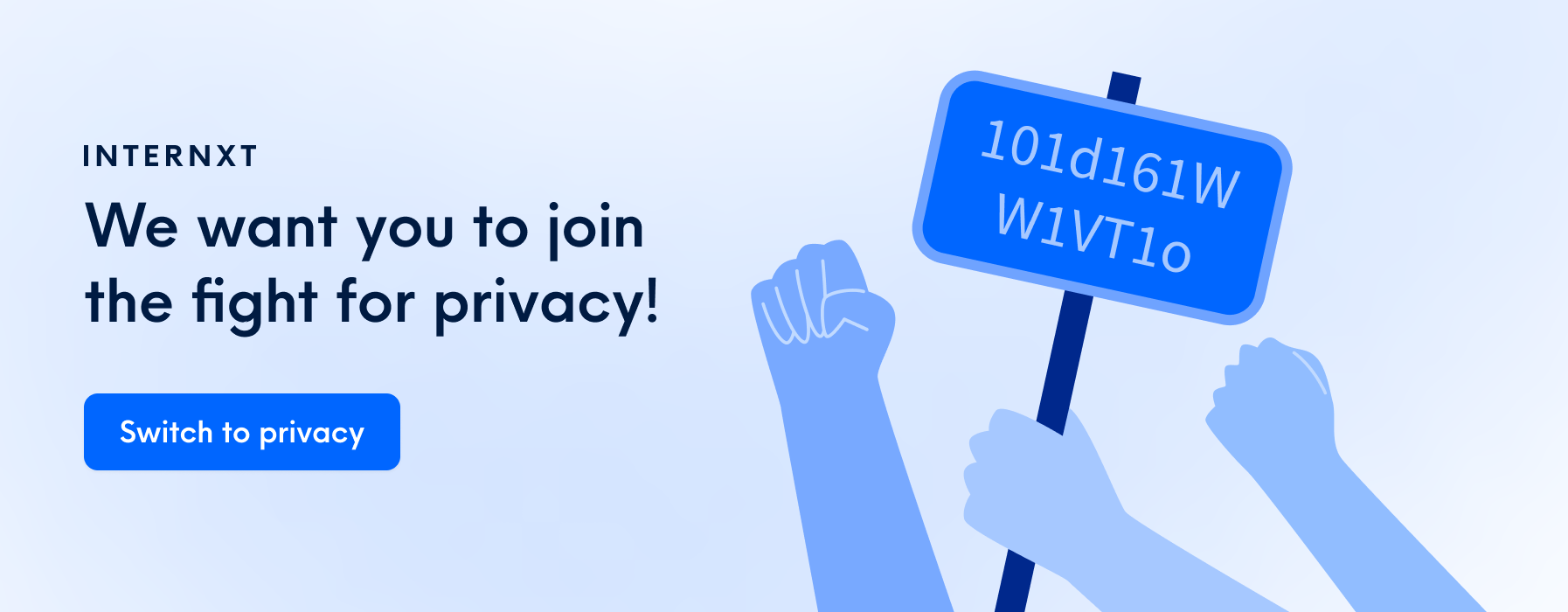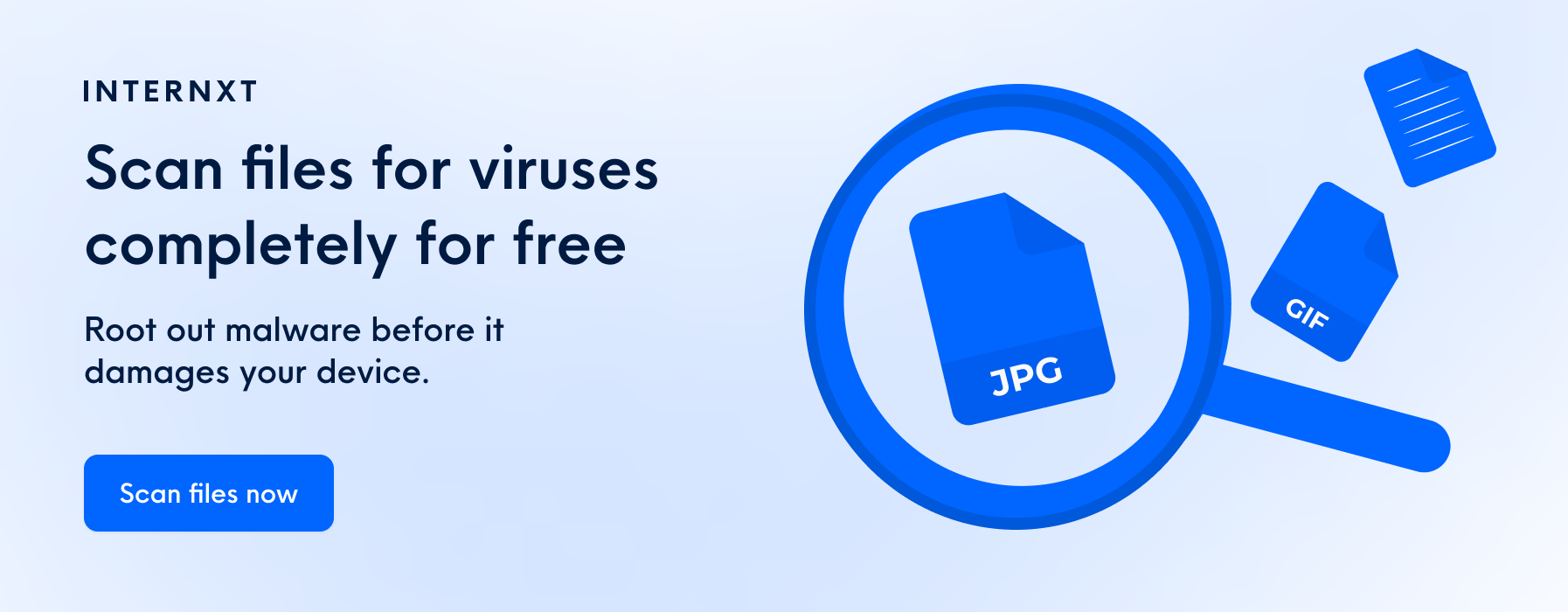Why A Proxy Browser is the Future and How it Can Benefit Online Privacy

Online privacy is a critical issue that continues to plague our increasingly digital world.
Imagine traveling abroad for a business trip and suddenly realizing you need to make an urgent bank transfer. The only option you have is to use the hotel's public Wi-Fi. You know the risks of conducting financial transactions over an unsecured network, but the transfer is critical.
You need to ensure you're doing a safe online banking transaction. But how can you keep your banking information confidential and secure while using a potentially unsafe connection?
While there’s a reason why cloud communications is the future, the solution may be simpler than you think: a proxy browser. A proxy browser is rapidly emerging as an indispensable tool for secure, private, and unrestricted access to financial information.
As we navigate an increasingly interconnected yet perilous digital economic landscape, their purpose becomes more important. But what is it, exactly?
What Is A Proxy Browser?
A proxy browser is a type of website browser that routes all your web traffic through a proxy server. This means that your IP address and other identifying information are hidden. As such, it's much more difficult for websites and third parties to track you.
When you use a proxy browser, your request to access a website is first sent to a proxy server. This server will then forward your request to the website. The website's response is returned to the proxy server, which then delivers it to you. This process effectively masks your identity online.
Why A Proxy Browser is the Future of Online Privacy
Here's why a proxy browser will change the course of online privacy in a time where protecting ourselves on the internet is vital:
Reducing the risk of data breaches
The digital age has brought unprecedented connectivity and convenience and opened the floodgates for cybercrime. According to a report, the global damage costs of cybercrime are expected to reach a staggering $8 trillion annually this year. This figure is more than double the $3 trillion reported in 2015, indicating a rapid escalation in cyber threats.
Data breaches can take various forms, including:
- Unauthorized access: Hackers gain access to sensitive data without permission.
- Data leakage: Accidental exposure of confidential information.
- Ransomware attacks: Hackers encrypt data and demand a ransom for its release.
Mitigating these risks is possible through the use of proxy servers:
- Anonymity and masking: A proxy browser is an intermediary between the user and the internet. It effectively masks the user's IP address and other identifying information, making it more challenging to target a specific individual for data breaches.
- Encrypted traffic: A proxy browser often uses end-to-end encryption, ensuring the data transmitted between the user and the server is secure. This gives an additional layer of protection from eavesdropping and unauthorized access.
- Limited exposure: By routing your internet traffic through a proxy server, you limit the exposure of your data to potential cyber threats. This is particularly helpful when using public Wi-Fi networks, which are often less secure and more susceptible to breaches.
As cybercrime continues to escalate, traditional storage methods are proving insufficient. Firewalls and antivirus software tools can only do so much to protect against the myriad of threats lurking online. A proxy browser offers a more comprehensive solution, providing anonymity, encryption, and limited exposure to potential threats.
By adopting a proxy browser into your online routine, individuals and organizations can significantly reduce the risk of data loss. In this context, a proxy browser is not just a useful tool, but a necessary safeguard for the future of online privacy.

Regulatory changes
The General Data Protection Regulation (GDPR) is a directive mandating companies be transparent about collecting, using, and storing user data. Non-compliance can result in hefty fines, making it a significant regulatory milestone in online privacy.
Similarly, the US also has the California Consumer Privacy Act (CCPA). It's another landmark regulation that came into effect in 2020. Like GDPR, it requires companies to disclose their data collection practices and allows consumers to opt out of data selling.
While these regulations are a step in the right direction, they primarily focus on what companies should or shouldn't do. There's a growing need for solutions that empower users to take control of their data. This is where a private proxy browser comes into play.
- User empowerment: A proxy browser allows users to browse the internet anonymously, allowing them to decide who gets access to their data. This aligns well with the principles of GDPR and CCPA, which emphasize user consent and transparency.
- Data minimization: GDPR and CCPA advocate for data minimization, meaning companies should only collect data strictly necessary for the intended purpose. Proxy browsers support this principle by limiting the data that websites can collect from users in the first place.
- Right to anonymity: While not explicitly stated in GDPR or CCPA, the right to anonymity is a natural extension of these regulations. A proxy browser achieves this by masking users' IP addresses and other identifying information, making it difficult for companies to profile them.
- Compliance: For companies, integrating proxy browser technology can be an additional measure to ensure compliance with privacy regulations. It can be part of a broader privacy-centric business model that adheres to laws and respects user privacy by design.
As privacy regulations evolve, the focus is shifting toward more user-centric models. The right type of proxy browser is well-positioned to be at the forefront of this change by offering tools that empower users to take control of their data.
Technological advancements
The internet has come a long way since its inception, and so have the technologies that facilitate online privacy. From basic firewalls and antivirus software to more advanced VPNs, each technological advancement aims to make the internet safer. However, as threats evolve, so must the solutions.
As they were being developed, an early version of a proxy browser was often criticized for being slow, as routing traffic through an intermediary server could cause delays. However, a modern proxy browser has overcome this limitation through optimized server networks and advanced caching algorithms, allowing for a more rapid browsing experience.
As previously discussed, security is a paramount concern in online privacy. Advanced encryption protocols have been integrated into modern browsers, ensuring data transmitted is secure from end to end. Some even offer built-in malware and phishing protection, adding an extra layer of security.
Ease of use is another area where a modern proxy browser has seen significant improvements. With intuitive interfaces and seamless integration with existing web browsers, using a proxy browser has never been easier.
Additionally, machine learning and AI algorithms are being incorporated to make these browsers more adaptable. These technologies can automatically select the best server to route your traffic. The selection is often based on speed, location, and server load, making the browsing experience smoother and more efficient.
As technology is constantly changing, gaining a comprehensive understanding of pivotal concepts such as What is a VoIP Caller? becomes increasingly crucial.
VoIP calling plays a crucial role in enhancing online security by offering encrypted and secure communication channels, implementing authentication measures, and integrating security features such as firewalls. While it strengthens privacy and protection, users should also remain vigilant about potential vulnerabilities and be mindful of privacy concerns associated with VoIP services.
The continuous technological advancements make choosing a sustainable option to maintain your online privacy. Unlike older technologies, the adaptability and scalability of a proxy browser ensure it can evolve alongside emerging threats and challenges.
Access to restricted content
Geo-restrictions are limitations placed on content based on the user's geographical location. This means that certain websites, streaming services, or information resources may be inaccessible to users in specific countries or regions.
Geo-restrictions are often implemented due to licensing agreements, regulatory requirements, or political censorship. While these restrictions may serve specific purposes, they also limit the free flow of information. It can be particularly problematic in regions where internet censorship is prevalent.
By allowing users to bypass geo-restrictions, a proxy browser gives people access to unbiased news, educational resources, and global perspectives.
The ability to bypass geo-restrictions also gives users greater control over their online experience. It allows them to access content on their terms without being limited by arbitrary geographical barriers.
An advanced proxy browser often has features allowing dynamic server selection. Based on speed and location, browsers can automatically choose the best server to route your traffic and hide your IP.
While a proxy browser offers a way to bypass geo-restrictions, doing so may violate websites' terms of service or local laws. Users should exercise caution. They must be aware of the legal implications in their jurisdiction.

Which Proxy Browser is Right for You?
Choosing the right proxy browser is crucial for ensuring online privacy and security. With many options available, deciding which best suits your needs can be overwhelming. Below are some key factors to consider when making your choice.
Speed and performance
A slow browsing experience can be frustrating and counterproductive. Speed is critical if you intend to use the proxy browser for tasks that require high bandwidth. This especially applies to users who often stream or download large files.
Check for a proxy browser with optimized server networks and advanced caching algorithms. Some may also provide speed tests or user reviews that give insights into performance.
Security features
The primary purpose of using a proxy browser is to strengthen your online privacy and security. Therefore, the security features it offers are of utmost importance.
Look for a proxy browser offering end-to-end encryption and malware protection and a no-logs policy. The latter ensures your browsing history is not stored, providing an extra layer of privacy.
User interface and ease of use
A complex or unintuitive user interface can make even the most feature-rich proxy browser a hassle to use.
Choose a proxy browser with a clean, user-friendly interface. Features like one-click connect, easy server selection, and integrated help guides can make your experience more enjoyable. If paying for a premium service, choose the one with a dynamic server selection to give you the best proxy address.
Compatibility
Your chosen proxy browser should be compatible with the devices and operating systems you use. Compatibility is key whether you're on a Windows PC, a Mac, or a mobile device. Some browsers offer extensions for popular web browsers like Chrome and Firefox. This allows for easier integration into your existing browsing experience.
Customer support
Excellent customer support can be a lifesaver when encountering issues or if you have any questions.
Check for a proxy browser offering multiple support channels like live chat, email, or a comprehensive FAQ section. User reviews can also give insights into the quality of customer service.
Data limitations and bandwidth
If a proxy browser offers a free version, it may come with limitations regarding data and bandwidth. These limitations could affect your browsing experience, especially if you intend to use it for data-intensive tasks like streaming or downloading large files.
Check the terms and conditions or FAQs to check for data limitations or bandwidth restrictions. Opt for unlimited data and high-speed bandwidth if you anticipate heavy usage.
Transparency and reputation
When dealing with your online security and privacy, trust is paramount. You're entrusting the company with your data. So choose a service that is transparent about its practices and has a good reputation.
Research the company responsible for building the proxy browser you are considering to help you reach the final decision. Ensure it has a track record of respecting user privacy and providing reliable service. User reviews, third-party security audits, and endorsements from reputable organizations can all be indicators of its credibility and trustworthiness.
Price and payment options
Look for a proxy browser with various payment options and plans. Some may even offer money-back guarantees or free trials, allowing you to sample their service before committing.

Improve Your Future Online Privacy With a Proxy Browser
A proxy browser can be a comprehensive solution to the challenges associated with building privacy on the internet. They offer a versatile and robust set of tools for safeguarding your digital life.
As we navigate digital complexities, taking proactive steps to protect your online privacy is not just a luxury but a necessity. A proxy browser, therefore, is a practical, user-friendly way to enhance your online privacy. They are an essential tool for anyone who values their security online.

